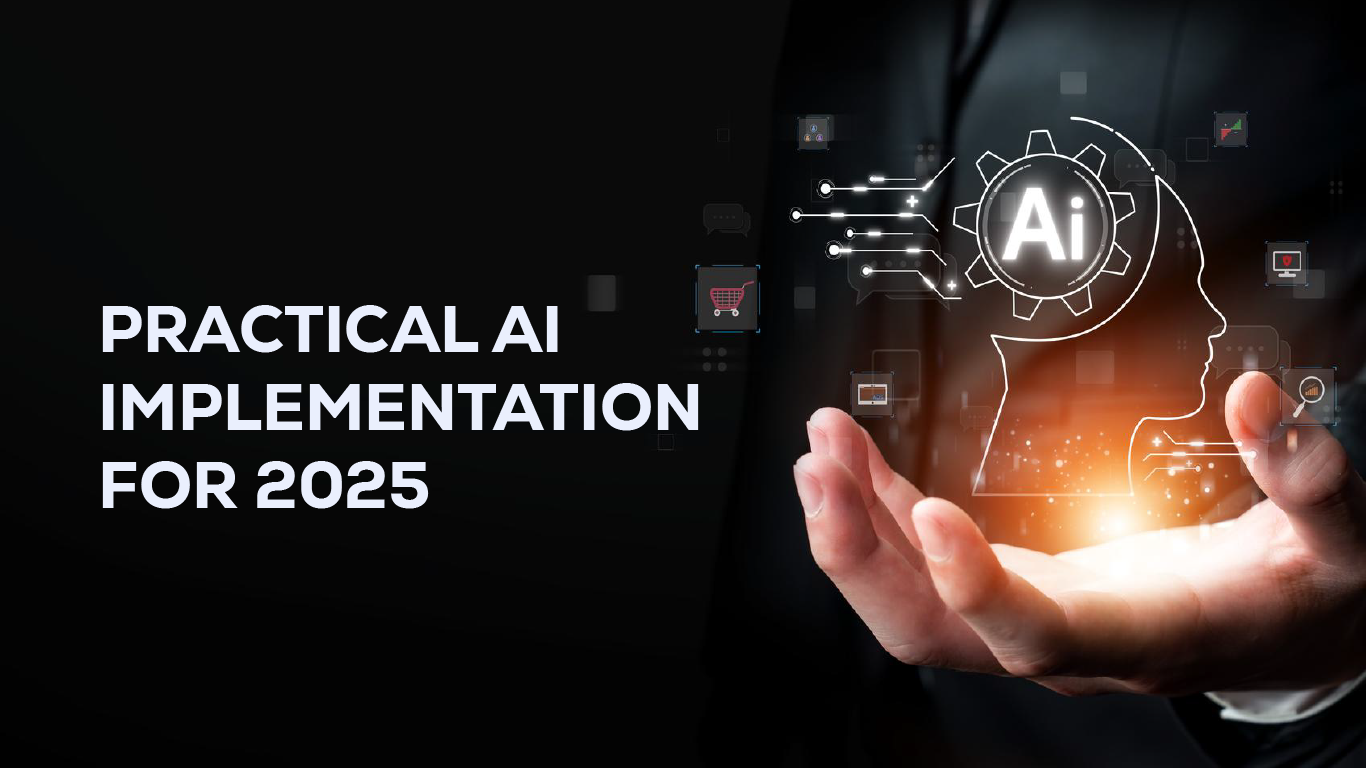In the modern technology-based world, Artificial Intelligence is no longer a buzzword — it’s a career with tremendous potential. Yet, there is an increasing gap between what is taught in old-fashioned classrooms and what is really required in the marketplace. The answer? AI training that is focused on practical, hands-on experience.

If you’re committed to creating a career in AI, this blog will demonstrate why hands-on training is more important than theory — and how J2KAI Academy effectively bridges the gap.
The Issue with Theory-Based AI Training
Theory is the backbone of any topic, but using it alone can stifle your development, particularly in a domain like AI that lives on practical problem-solving.
Theoretical Training tends to be missing:
- Exposure to real-world datasets
- Knowledge of deployment pipelines
- Practical experience with industry-used tools and frameworks
- Understanding of real-world practical challenges such as data cleaning, performance tuning, and debugging
Without practice, students might know what AI is — but not how to use it in the real world.
Why Practical AI Training Is a Must
When it comes to building a career in AI, doing beats knowing. Hands-on training is the solution to translating ideas into practical solutions and getting you job-ready.
Advantages:
- Learning by doing: Ideas retain better when put into practice.
- Portfolio building: Actual projects that leave recruiters impressed.
- Tool expertise: Expertise in industry-standard tools such as Python, TensorFlow, Scikit-learn, PyTorch, and others.
- Problem-solving mindset: Learn how to approach issues not covered by books.
- Confidence boost: Once you’ve created something, you’re certain you can replicate it.
Practical training guarantees that you’re not only job-trained — you’re job-ready.
What Real-World AI Training Actually Looks Like
So, what does solid, hands-on AI training look like?
It encompasses:
- Operating on real-time datasets (not only clean academic instances)
- Developing end-to-end projects, starting from preprocessing up to deployment
- Gaining the ability to test and refine models
- Working with APIs, connecting to tools, and hosting models on cloud platforms
- Emulating real-world applications across sectors such as healthcare, fintech, and e-commerce
This is precisely the type of AI training the market needs — and what the majority of courses do not provide.
How J2K AI Provides Practical AI Training That Works
At J2K AI Academy, the focus is clear: provide AI training to assist you in building, solving, and getting hired.
Here’s what sets J2K’s AI training apart:
- Project-first methodology: Learn by creating actual projects from Week 1.
- Industry expert mentorship: Learn from AI professionals practicing in the real world.
- Tool-based learning: Utilize actual tools such as TensorFlow, Hugging Face, Pandas, and more.
- Portfolio creation: Share your work on LinkedIn and GitHub.
- Doubt-resolution + peer learning: Learn in an encouraging, community-based environment.
- Internship & job guidance: With soft skill training and industry exposure.
Different from passive learning platforms, J2K AI’s training provides you with everything you require to become a capable AI practitioner.
Why Practical AI Training Is the Future of Learning
AI isn’t so much about coding — it’s about problem-solving. And in this competitive job market, abstract knowledge won’t get you ahead.
Practical Training enables you to:
- Differ from the pack in interviews
- Think like an engineer, rather than a pupil
- Make valuable contributions to any AI-led organization
- If you’re just starting out, or looking to transition careers, AI training that prioritizes execution over explanation is the way forward.
Conclusion: Build, Don’t Just Learn
The world needs more AI professionals who can build real solutions — not just memorize formulas. If you’re looking to turn your interest in AI into a job-ready skill set, practical AI training is non-negotiable.
Ready to start your AI journey the right way?
Join J2K AI Academy today and learn by doing. Build real projects. Master real tools. Launch a real career.
